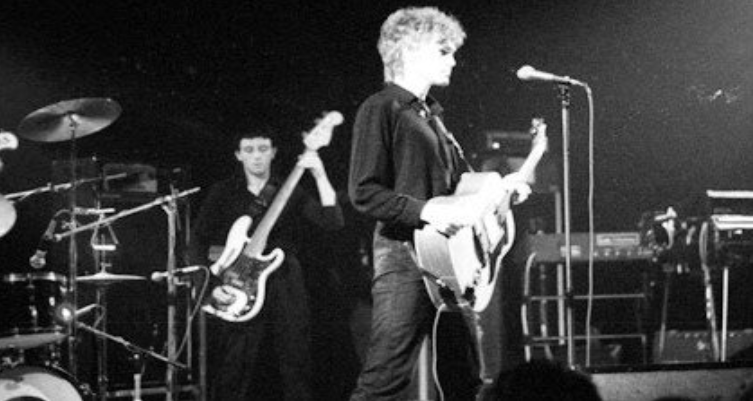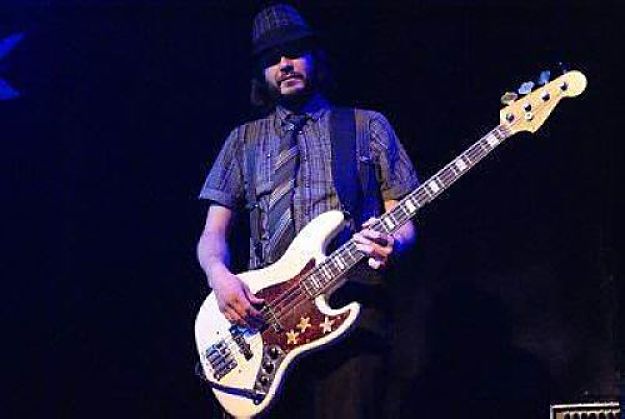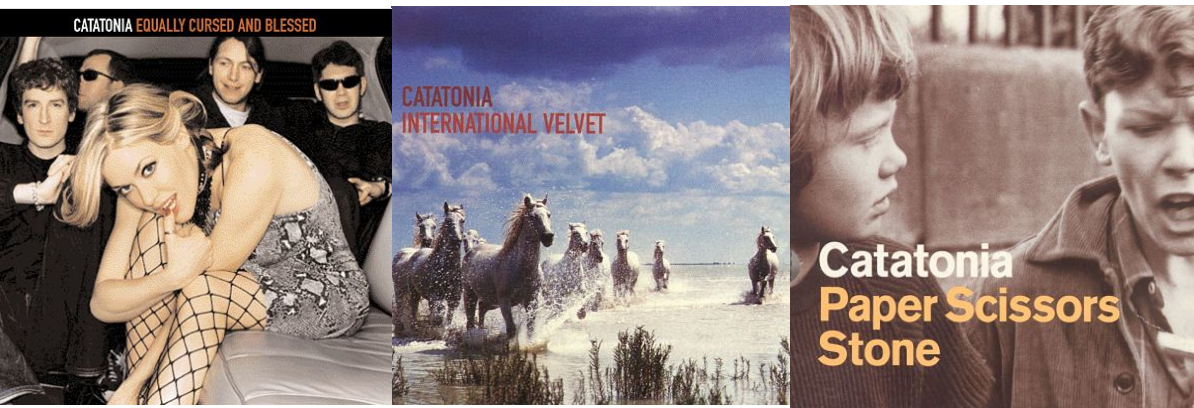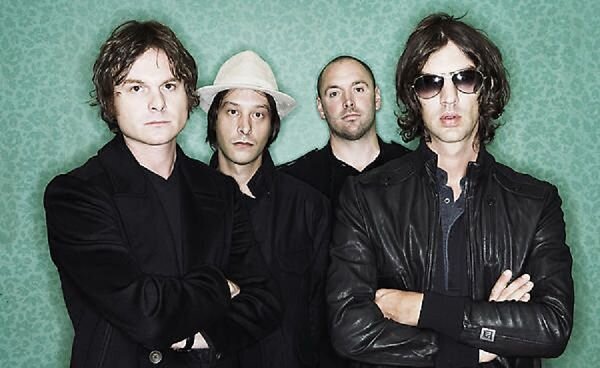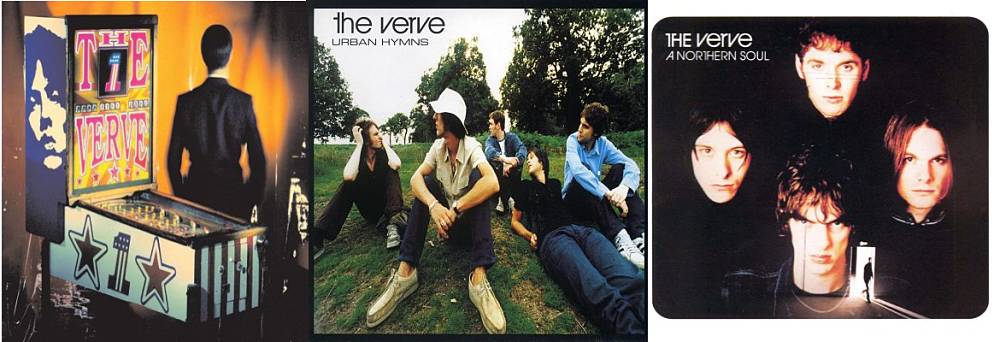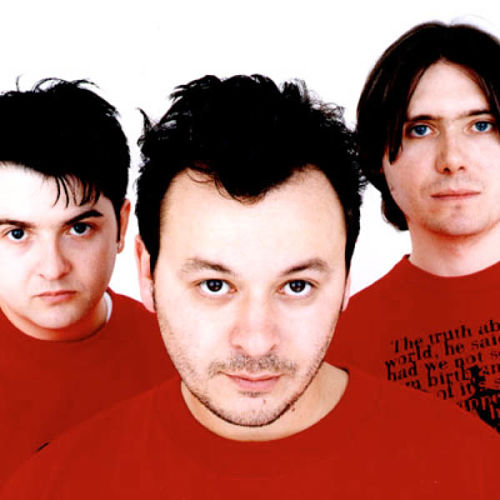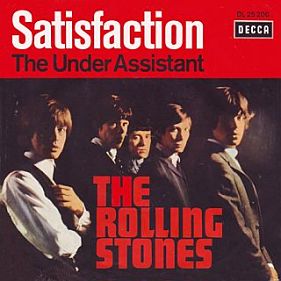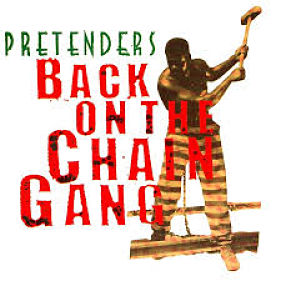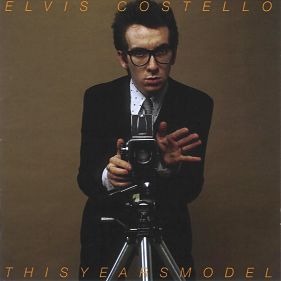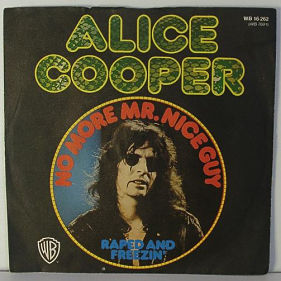A Bass Player’s Appreciation of Sgt. Pepper


Happy 50th Birthday, Sgt. Pepper. We revere your place in history and we continue to learn and be inspired by you.
Many a scribe has bloviated ad nauseam over the significance of this platter as a cultural touchstone and artistic landmark, among other citations. I share the view that Sgt. Pepper is a masterpiece on many levels, none of which I am qualified nor inclined to pontificate on.
However, there’s another aspect of the forever enchanting story of Sgt. Pepper that oft goes neglected.
To my ears, as someone who (barely) remembered when this record dropped a half century ago and can now look back with a tinge of wisdom that comes with age and education; this is the album that established the electric bass as its own instrument -and forever vanquished the perception by the musical establishment of the electric bass as the bastard child of the upright bass or electric guitar.


This monumental slab crystalizes the point in time wherein playing the electric bass became a discipline unto itself and equal with every other instrument on the bandstand and recording studio.
No album has been celebrated more than Pepper, and deservedly so. As hinted previously on Rubber Soul (1965) and Revolver (1966) and profoundly inspired by Brian’s Pet Sounds (1966) – Sir Paul’s bass artistry flourishes harmonically, tonally, and rhythmically.


Macca’s Rickenbacker 4001S is decidedly up in the mix – and its clarity afforded the masses a matchless opportunity to hear and appreciate every note and nuance of the instrument.
Volumes have been written on the equipment Paul used and how he was recorded, along with in-depth musical analysis of every note and phrase he rendered.
Blah, blah, blah. Paul McCartney could take a bass made of wood from a telephone pole and plug it into a tin coffee can and make it sound better than anything you or I or anyone ever conceived of.
Unlike most of the revered bassists from the classic rock and jazz fusion era -with the exception perhaps of Donald “Duck” Dunn of Memphis Stax legend (note that the Beatles wanted to record there…), Macca’s genius lies not in his dexterity nor technical abilities – heck, Paul doesn’t have “chops” as we have come to define such “skills.”


McCartney’s brilliance as a bassist is steeped in his uncanny knack for lifting a composition. His basslines are a song within a song. And everything Paul plays is “inclusive.” That is, you don’t have to be an accomplished bassist to render his parts.
Regardless if you’re a top echelon sideman session cat such as Will Lee in the Fab Faux’s remarkable Beatles repertory ensemble, or a weekend warrior jamming with friends in a garage; when you play a Paul McCartney bassline – you become part of the Beatles’ ageless magic. If you think I am exaggerating, go ask a bass player.


Back in 1980 or thereabouts in the days before rock was considered legitimate for serious study, I remember a bass player classmate of mine at the University of Miami School of Music who demanded that I play him Sgt. Pepper following a lecture from our instructor on the merits of Paul’s approach to the instrument.
His response was “oh I can play that…it’s easy.” I laughed so hard and loud that he stormed out of the room. He got angrier when he discovered that I was fornicating regularly with his smoking hot girlfriend – but I do not wish to digress from this essay as such. She had her devious carnal desires, he was a classical player beholden to written scores and ponderous etudes; I was a working player in a killer Top 40 ensemble with matching Members Only jackets…no need to explain any further.


With all due respect to my jazz comrades: Jaco Pastorius and Stanley Clarke would bring such attention to the instrument a decade later, however much of their initial notoriety emanated from their speed of sound (pun intended) chops previous to their recognition for their compositional and harmonic virtuosity.


The great James Jamerson toiled deep in the mix and, unfortunately, in obscurity as session player credits were not yet common practice on record sleeves. Ditto Carol Kaye.
Let this record show that it was James Paul McCartney’s performance on Sgt. Pepper’s Lonely Hearts Club Band (1967) which bestowed unequivocal respect to the instrument, and to electric bassists – past, present, and future – regardless of the genre in which they ply their craft.
Grace Notes: I do not subscribe to the concept of the “best” or “greatest” of anything! Every genre has its masters. In my opinion, every genre is valid.
However, if I had to cite the one player who stands above the rest, the one player who brought attention and due recognition to all bass players, and the one player who always exudes excellence without compromise; without hesitation: Paul McCartney.
And Sgt. Pepper proves me right every time…


